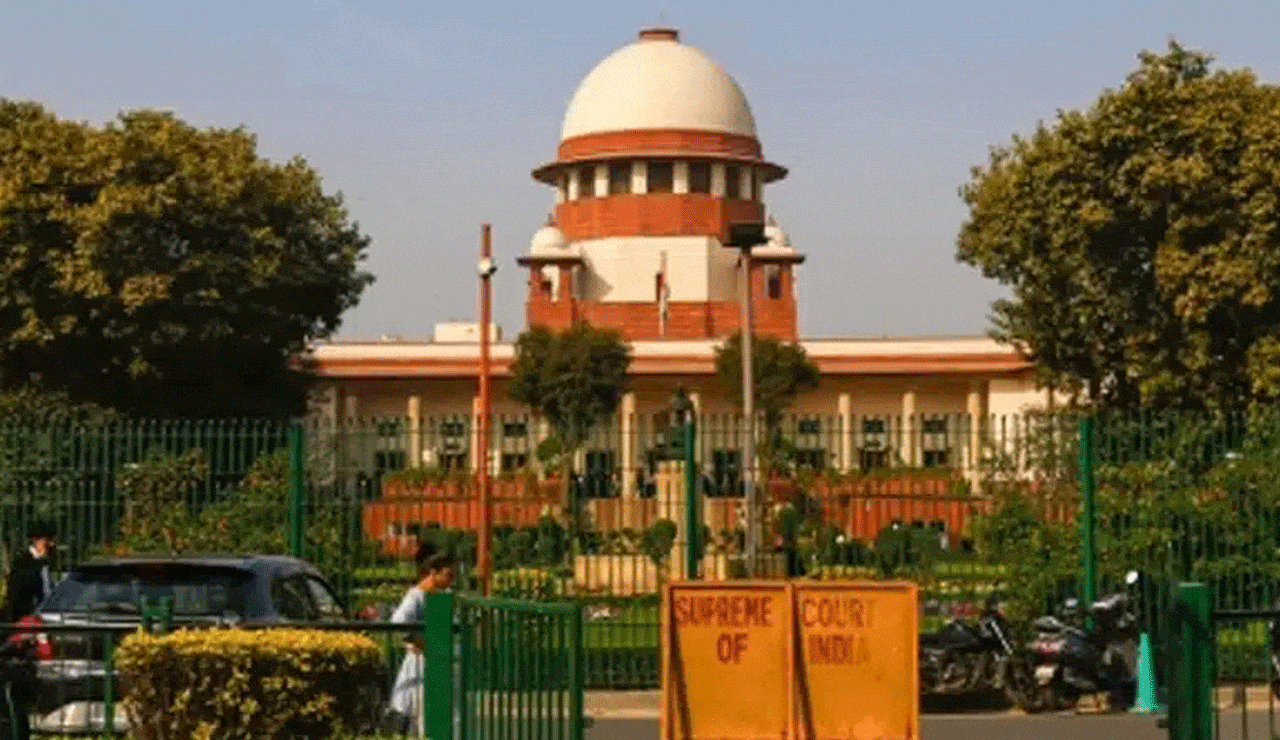Supreme Court vs Trolls? Hearing Next Week on Plea to Remove Anti-Judiciary Posts
The Supreme Court of India on Tuesday agreed to hear next week a petition seeking the removal of derogatory and contemptuous content posted on social media platforms against the judiciary. The plea comes after BJP MP Nishikant Dubey made controversial remarks criticizing the apex court and the Chief Justice of India (CJI).

New Delhi: The Supreme Court of India on Tuesday agreed to hear next week a petition seeking the removal of derogatory and contemptuous content posted on social media platforms against the judiciary. The plea comes after BJP MP Nishikant Dubey made controversial remarks criticizing the apex court and the Chief Justice of India (CJI).
Table of Contents
Plea Urges Action Against Defamatory Content Targeting Judiciary
A lawyer representing the petitioner urgently mentioned the matter before a bench headed by Justice B.R. Gavai, stating that social media has been flooded with “objectionable and contemptuous” posts following Dubey’s remarks. The plea requests the court to direct social media platforms to take down such content immediately.
Also Read: Deadline Alert! Apply Now for PM Internship Scheme 2025 – 1 Lakh Youth to Be Selected
“Letters were sent to the Attorney General and Solicitor General to initiate contempt proceedings, but no action has been taken yet,” the petitioner’s counsel said.
Consent of AG Needed to Initiate Criminal Contempt
The court reminded the petitioner of the legal procedure under Section 15(1)(b) of the Contempt of Courts Act, 1971, which mandates prior written consent from the Attorney General (AG) or Solicitor General before initiating criminal contempt proceedings by a private individual.
“Make a case before the AG. He will give permission. You file it. For filing, you don’t require our permission,” the Bench remarked.
BJP MP Nishikant Dubey’s Comments Spark Controversy
The row erupted after Nishikant Dubey made statements questioning the judiciary’s role in legislative matters during ongoing hearings on the Waqf (Amendment) Act, 2025. His remark suggesting that “if courts make laws, Parliament becomes irrelevant” has drawn widespread criticism, especially after he used terms like “anarchy” and “religious war.”
BJP Distances Itself from Dubey and Dinesh Sharma’s Remarks
Amid growing backlash, BJP President J.P. Nadda issued a clarification on X (formerly Twitter), stating that the party completely disassociates itself from the statements made by Nishikant Dubey and Dinesh Sharma. He added that these were “personal opinions” and do not reflect the party’s stance.
“The BJP neither agrees with such statements nor supports them. We completely reject them,” Nadda said.
Centre Gives Assurance in Waqf Act Hearings
During the Waqf hearings, the Central Government assured the top court that it would not de-notify Waqf-by-user provisions or include non-Muslim members in the Waqf Board. This assurance came after the SC hinted at the possibility of staying parts of the Act.
The Supreme Court’s upcoming hearing on the removal of defamatory content related to the judiciary may set a significant precedent on how social media handles criticism of constitutional institutions. The case also highlights the growing tension between free speech, legislative criticism, and judicial respect in Indian democracy.
